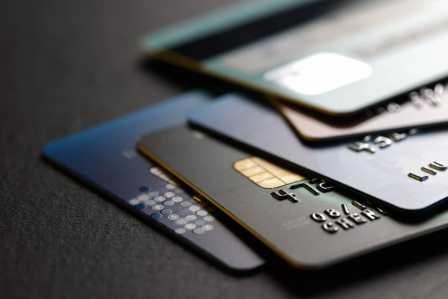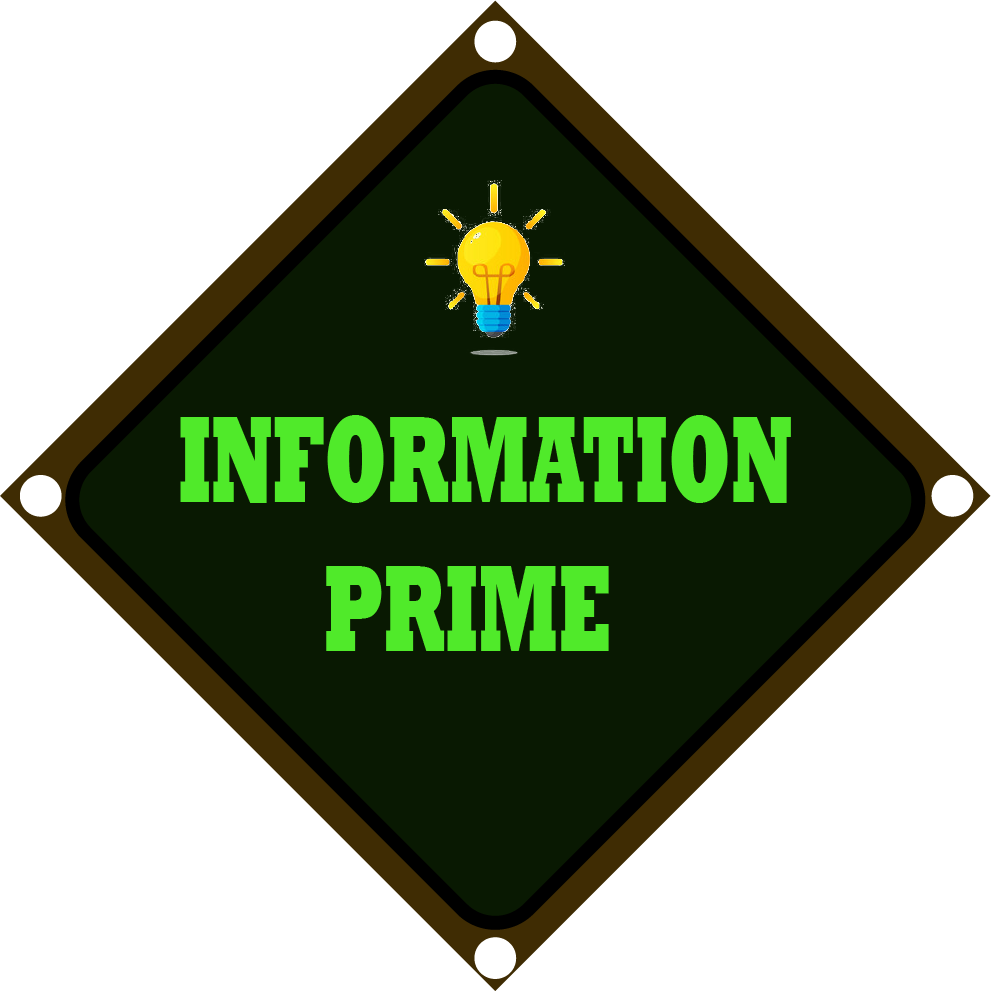There are not many things more familiar than credit and debit cards yet while their popularity remains undeniable, some parts of their workings remain obscure especially with credit cards. Understanding credit card payments, rewards, debts and interest can provide a major boost and security to your financial well-being and in the sections listed below, I’ll perform a deep dive into these topics in simple and clear terms.
- A Basic Definition Of Credit & Debit Cards
- Why do people get credit cards?
- How to avoid accruing credit card debt
- Getting out of Credit card Debts
Basic Definitions: Credit and Debit Cards
For simplicity sake I will begin by providing basic definitions of debit and credit cards, however you may skip to the next section if you don’t need this.
- Debit cards: A debit card is simply a plastic or metallic card that allows you to spend money that’s yours. This is usually done by a quick transfer from your bank account to the account of whoever you are paying. Debits cards are also used at ATMs.
- Credit cards: A credit card is also plastic or metallic but whatever money you spend with a credit card is borrowed and you’d have to pay back within a stipulated time (either full or overtime) with interest. They can be used at ATMs as well (more on this later).
Why People Get Credit cards
Credit card debts are not always bad for you; in fact, it remains one of the most popular means of payment for most people. Here’s Why?
- Building Credit: If you don’t have a credit history, you won’t have a good credit score. A credit score is a number that rates your credit risk. Creditors use it to determine whether to give you credit and what terms to offer you. Having a high score can make it easier for you to get a loan, rent an apartment, or lower your insurance rate. Having a properly managed credit card increases your credit score.
- Emergencies: If you need to buy something and you don’t have the cash on hand. A credit card can be a very expensive type of loan but circumstances can make it difficult to ignore.
- Rewards: With a credit card you can get cash back on your purchases, airline points, discounts, coupons and more. These rewards are not available for Debit card users
- Convenience: Most credit cards can be used internationally and online, whereas cash and bank cards often cannot, you’d have to use some form of currency exchange or maybe PayPal (if it’s an option).
- Safety: If your debit card is used fraudulently the money is missing from your account instantly, by contrast, when your credit card is used fraudulently, you aren’t out of money. All you need to do is to notify your credit card company of the fraud and don’t pay for those transactions while your issuer resolves the matter.
- Inevitable: For some transactions providing a credit card is compulsory. For instance, hotel reservations or car rentals may require that you submit a credit card as this would ensure that whatever extra costs you run up can be easily recovered.

How to Avoid Piling Credit card Debts
From all that I have said it could be easy to assume that people who use credit cards are drowning in debts but this is not always true. Here’s why
- Read the Fine Print: Reading through the terms and conditions that come with opening a new credit card is important so you can ensure that you are getting favourable terms compared to what competitors are offering (this would require you do a little digging beforehand). For instance, you can find out what interest rates other issuers are offering and at the risk of stating the obvious, go for the credit card with the lowest interest rate.
- Avoid Cash Advances: Credit card issuers prefer that you use your card for making purchase payments, if instead, you withdraw cash at an ATM, for instance, you get charged a transaction fee, finance charges and a higher interest rate. It’s the most expensive transaction you can make with a credit card.
- Avoid Putting Medical Bills On Your Credit Cards: Medical bills may show up unexpected but putting them on your credit card is not the answer. Doing these will cost you a lot of money in interest instead, call your doctor or hospital’s billing department and ask about your options, hospitals usually have a structure for interest-free monthly payment plans.
- Negotiate A Lower Interest: The better your credit card score the lower interest you should have to pay. If your credit score has improved and you have always cleared your bills on time, it might be time to give your credit card issuer a call. Most credit card issuers provide varying interest rates to cardholders based on their credit score. Look up your credit score by logging into your credit card issuers site then compare with the varying interest rates your issuer offers to find where you belong.
- Stay on a budget: Several studies have shown that consumers are more likely to spend more money when they pay by credit card, this is said to be because people do not experience the abstract pain of payments. Staying on a budget is all based on your self-regulation but you can consider applying the following tips:
Monitoring your payments, removing the autofill card option from your online shopping option, never using more than 30% of your available credit. Added to that If you can’t afford it without a credit card don’t buy it, limit the number of credit cards you have so your payments become easier to track, don’t lend out your credit card and finally resist the temptation of a limit upgrade. - Link a bank account & Turn on Autopay: Paying off your balance each month helps you avoid interest completely and improves your credit score. Using an autopay feature ensures that you never miss a payment and therefore never have to worry about paying extra in interest.
- Have backup savings or investments: Emergencies are one of the reasons people go into credit card debt therefore building a safety net by saving or investing in appreciating assets will ensure that whatever the future throws at you, you’ll have the capacity to return a serve.

Getting Out Of Credit Card Debt
If find yourself here regardless of the reason(s) why get up it’s time to move on. Being in debt is not a death sentence and you can surely get your head above water again, so let’s explore how.
- Find a strategy or two: Having a payment strategy keeps you in control of your financial situation. You can adopt one or two of the following:
Paying high-interest cards first.
Automate specific amounts each month.
Pay from smallest to largest debts, this gives you a sense of accomplishment and increases your determination. - Make multiple payments each month: Credit card issuers assess interest based on your average daily balance, not your balance at the end of the month. Therefore paying more than once per month, for instance, every two weeks will reduce your average daily balance and as a result, your interest charges reduce. Making payment immediately after the money becomes available is a completely viable option, you want to make sure that as you are paying back your debt, you reduce its capacity to grow to the best of your ability.
- Pay more than minimum: Remember interest is charged on your debt based on your average daily balance, therefore, it may seem like a good idea to pay the expected minimum but if you can pay more you should go for it as this would reduce interest added to your outstanding debt.
- Negotiate with your creditors: Don’t be afraid to reach out to your issuer, a credit card issuer may be willing to negotiate payment terms or offer a hardship program, especially if you’re a long time customer with a good track record of payments.
A hardship program is in place to provide relief when circumstances beyond your control like unemployment or illness impact your ability to manage payments. Negotiating with your issuer or accepting the terms of a hardship program could lead to more affordable interest rates or waived fees, depending on your issuer. Feel free to contact your issuer the worst that can happen is they say no. - Consider debt consolidation: consolidation lets you combine several higher-interest balances into one with a lower rate, so you can pay down your debt faster without increasing payment amounts.
Consolidation is mostly done by taking advantage of a low balance transfer rate to move debt off high-interest cards. For instance, most card issuers offer a 0% introductory period, if you can find a long one – preferably 15-18 months- and transfer all of your outstanding card debt to that one account. You’ll have one simple payment to make each month and you won’t pay interest. However, transferring your balance attracts a transfer fee – often 3 to 5 per cent– so when trying to use this method of consolidation, always factor transfer fees into your calculations.
Similarly, you can take out a fixed-rate debt consolidation loan to pay off your credit card debt. Though you’ll still have to pay interest, interest rates for personal loans can be lower than for credit cards which can help you save some extra cash. - Review your spending, avoid more debts & if available fall on your savings: Look for areas in your spendings you can cut back on, your credit card statement can be a helpful tool for this. Look through it and identify things you can do without. Also while paying off your debts staying clear of additional debts should be your first course of action and it is not a bad idea to pay off your credit card debt with your savings. It might be a tough decision but it is cheaper to clear your debts and try to rebuild your savings than to continue funding expensive credit card debt payments.
What’s your opinion?
Management of money is a skill that is critical to financial sufficiency and the information provided in this article sheds light on a lot of grey areas. However any topic on personal finance wouldn’t be complete without individual contributions, so I will like to hear from you. Do you have a credit card? How do you manage it? Do you have more tips on getting out of debt? Feel free to comment below. Your opinions are valued.

